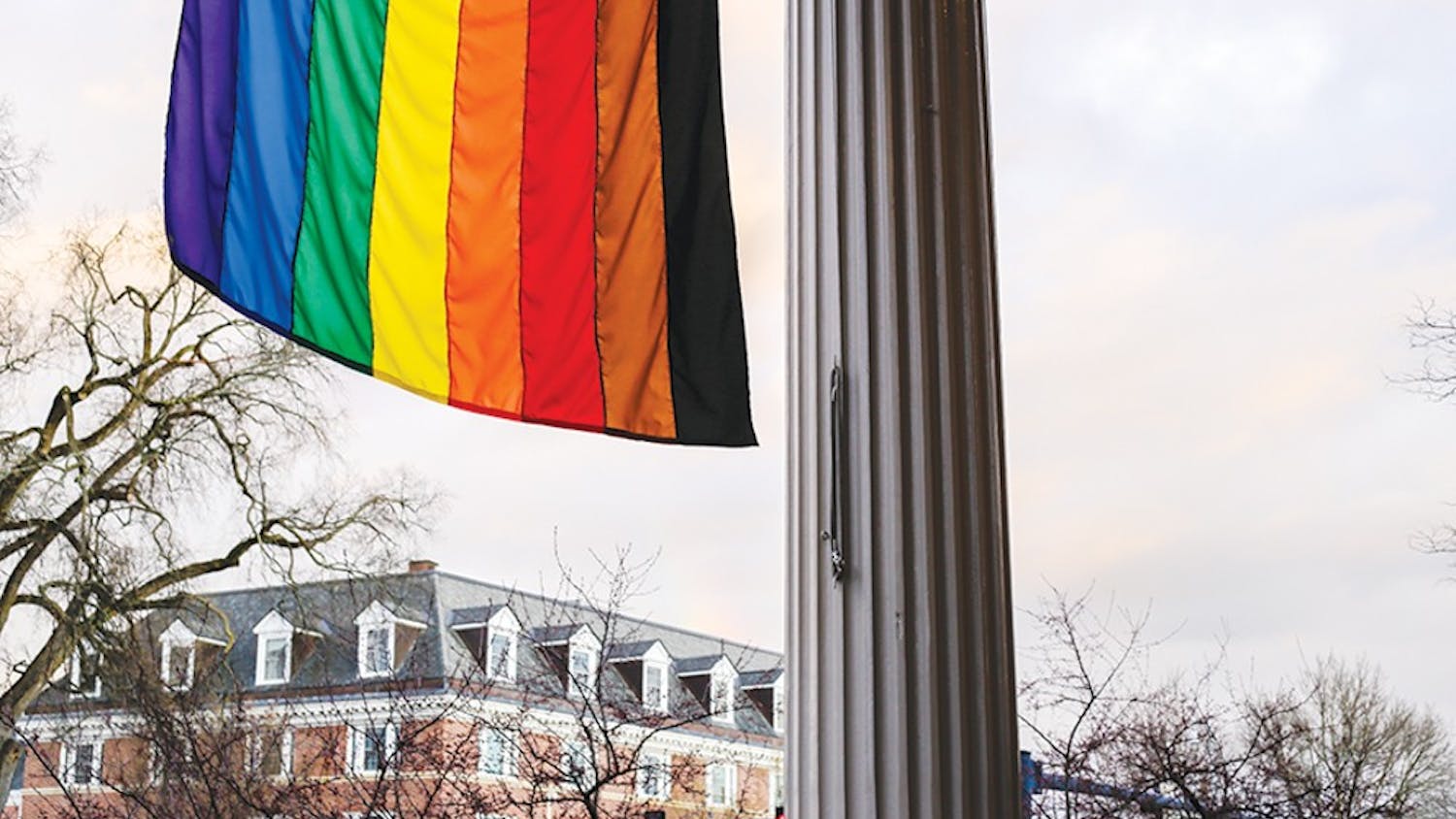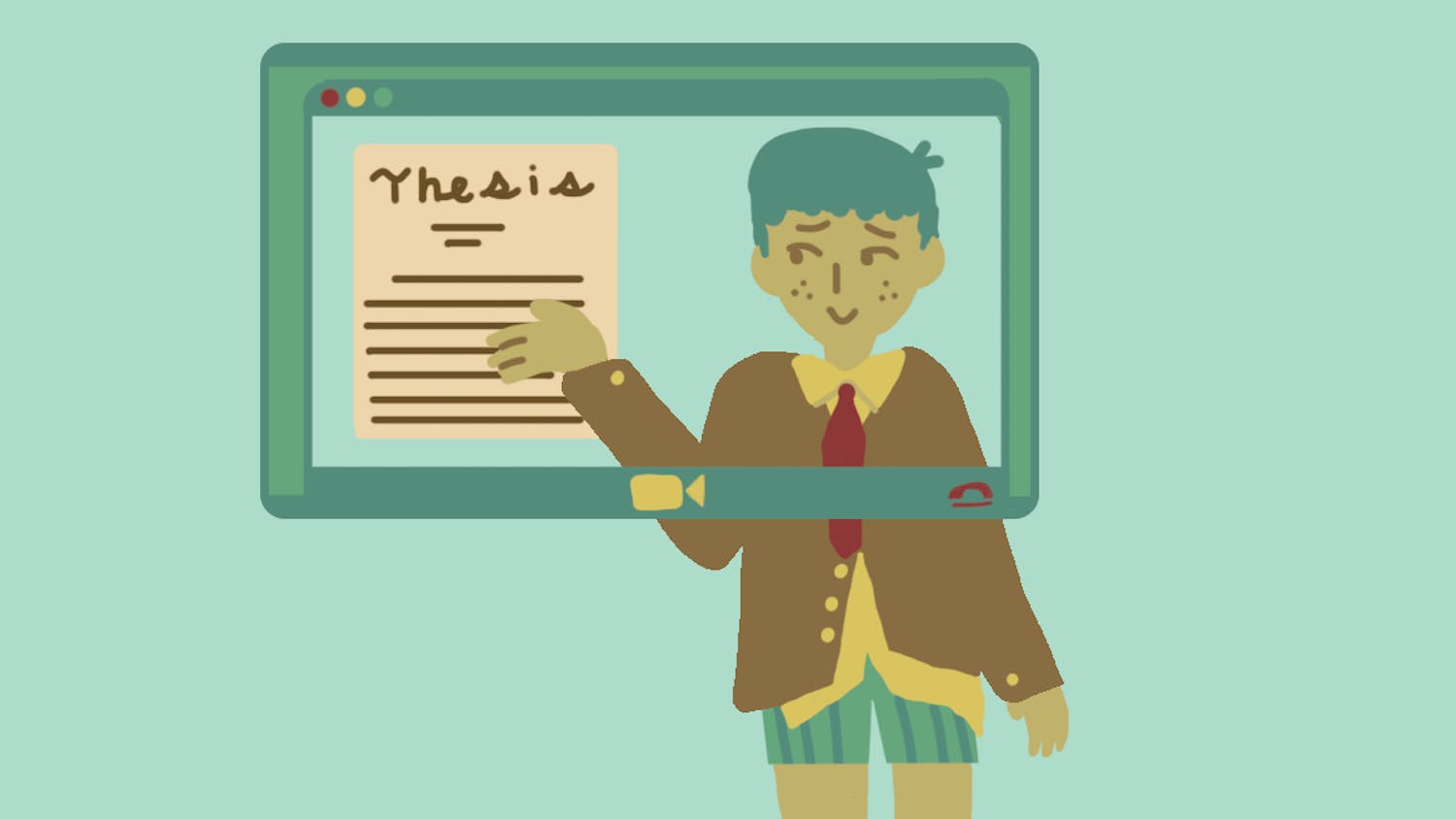Just before last winter term, Ricky Taboada ’19 cofounded a company called Roden AI with his friend, Tyler Burnam ’19. Roden AI is an app that allows users to record a journal entry on tape and view analysis captured by the app’s facial expression sensing software. Users will be able to not only see how they are feeling at the moment but also get a better sense of how they are doing emotionally as a whole.
“You can kind of see, while all these entries are being created, what you are feeling at that time,” Taboada said.
Taboada co-created the app with Burnam during the Yale Healthcare Hackathon hosted by the Yale School of Medicine. After three intensive days of hard work, Burham and Taboada took first place. Reflecting upon the experience, Taboada said that while the project was challenging and balancing it with schoolwork was difficult, the experience was rewarding. It was even more worthwhile when they put the app on the Apple App Store.
“We decided it was a really cool idea — we wanted to pursue and see if we can make something out of it, so we did,” Taboada said. “It was a progression.”
Taboada’s journey into the world of computer science has undergone several progressions. Before he entered Dartmouth, Taboada wasn’t considering studying computer science at all — his goal had always been to go to law school. It was through one of his first-year trippees that sparked his interest in computer science. He took Computer Science 1, “Introduction to Programming and Computation,” his freshman year and decided that he liked the subject.
This initial affinity ignited an enthusiasm that has been with him since. His passion for computer science comes from both intrinsic and practical factors.
“I like [computer science] — it’s tough, you know, the courses are tough … but it really teaches you to think very logically and teaches you to seek solutions,” he said. “In addition to having a skill that’s pretty marketable, and the job prospect is good.”
Taboada said he enjoys the process of solving problems by building upon logic that computer science offers. Complementing his future goal to still attend law school, computer science helps Taboada to understand the world of logic and widens the field of law he can specialize in.
“Usually [when] you think of law school, you think of English majors or you think of maybe philosophy,” Taboada explained. “But I think that the perspective I think you get from science — that you have to be so logical, that you have to understand, like I said, all the facets of a position — I think it’s invaluable.”
His long-term goal is to combine practical applications from technology into law. Future-oriented as he is, Taboada referenced a lecture he recently attended that talked about how trust is being created by technology right now (such as how Uber creates trust between customers and drivers) and how, for example, computers could be specifically made for judges so that rulings will be more impartial. He looks forward to incorporating computer science into law.
“I think there’s a lot of room for automation in law,” Taboada said.
Taboada took several more computer science classes after Computer Science 1 and began working at the Digital Arts, Leadership and Innovation Lab.
“[In DALI], you get to build real things that go out into the world, and there [are] a lot of experiences in the lab and ... a lot of resources,” he said. “I think that actually makes Dartmouth very unique. When you think of computer science you think of a tech school; you might think of Stanford [University] or [the Massachusetts Institute of Technology], but I think DALI gives Dartmouth a really interesting perspective and something ... that I don’t think any other school has,” he said.
The first company Taboada worked with for DALI was software company CBORD, which created the Dartmouth GET Funds app. This second project involved an educational protein builder game that one of the Dartmouth professors requested to help visualize protein research. Taboada is now working on his third project with REX, a company that provides an online platform where homeowners can list their homes.
To Taboada, though, the most meaningful work he has done so far using computer science is the internship he completed this past fall. At Leidos, an American defense company that held a government contract to build a simulator to help train U.S. Navy personnel in submarine operation, he marveled at the diverse experiences of the people who work there.
“Going into that internship training, it was at a point [where] you know you kind of need to actually practice computer science to be confident and I was at that point,” Taboada said. “So it was nice to go in there and be surrounded by non-student engineers who have a lot of experiences.”
Taboada confessed that the internship was challenging, but it has helped him a lot in developing of not only computer science skills but also work ethic.
Progressing through his path in computer science, Taboada has become more and more involved in computer science and all of its applications. He is looking forward to a future in which automation and machine learning are prevalent and everything is associated with computer science.
“I think the 21st century is definitely the century of big tech and big data,” Taboada said.



